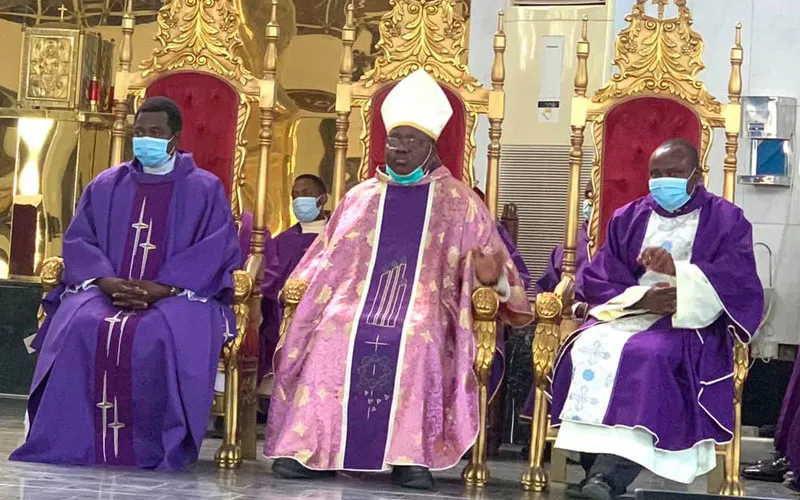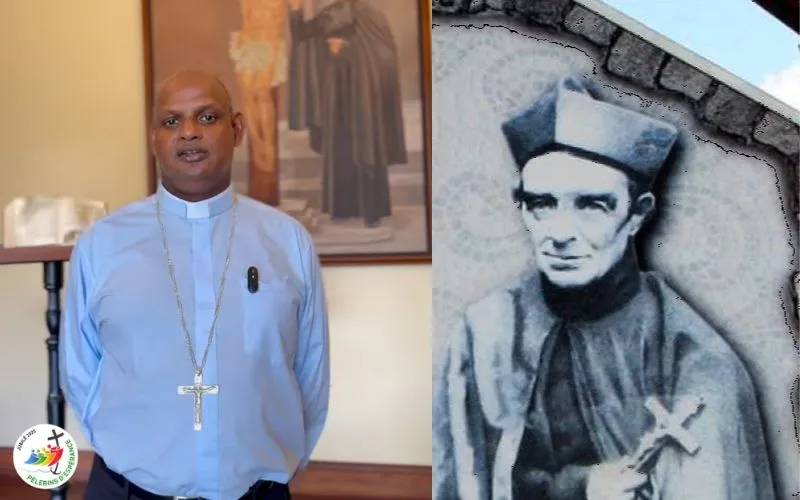“Without laws, we risk ending up as a chaotic society,” the 62-year-old Archbishop said, and added, “We obey human laws such as traffic laws, security laws such as curfew but sometimes we feel that divine laws tamper with our personal freedom.”
He expressed regret that many people desire to be free to use their bodies as they like, without adhering to God’s commandments.
Some, he went on to say, want to use their freedom to deprive others of their freedom. They do this in various ways, including taking the lives of unborn children and killing in the name of politics, religion and ethnicity, he said.
According to the Local Ordinary of Abuja, the evils that continue to bedevil Africa’s most populous nation would not be happening if Nigerians obeyed the laws of their respective religions.
“If we were observing sincerely the laws of our two main religions in Nigeria, Islam and Christianity, about not stealing, corruption will be long gone and poverty will not be a problem because our human and natural resources will be appropriately utilized,” he said.
The Archbishop explained, “If we pay attention to the injunction not to kill, bandits, kidnappers and religious extremists will not be violating people’s innate human dignity while calling on the name of God. We would not have had the Chibok, Kagara and the Jangede abduction of innocent school children. Similarly, the unnecessary tension between Muslims and Christians; Ibos, Tiv, Yoruba, tribes of Southern Kaduna et al, and Fulani who practise the ‘Abrahamic religions’ will not arise.”
Archbishop Kaigama highlighted major kidnappings in the country including those in which Christian girls were targeted, saying that the abductions would not have happened if everyone adhered to God’s commandments.
In his Sunday homily, the Archbishop of Abuja condemned leaders of the country who he said use religion to pledge to serve the people but end up not fulfilling their promises.
“When public officials take oaths of office, with their hand on the Bible or the Koran, they promise to serve selflessly, but many soon commit very unpatriotic acts and corruptly rob the poor, polarize and factionalize our people based on religious, ethnic or economic interests,” he said.
Making reference to the Sunday Gospel reading in which Jesus cleanses the temple and cautions against turning the place of worship into a place of business, Archbishop Kaigama said the incident reported in the Gospel according to John indicates the worshippers’ corrupted dispositions of mind, body and conscience.








